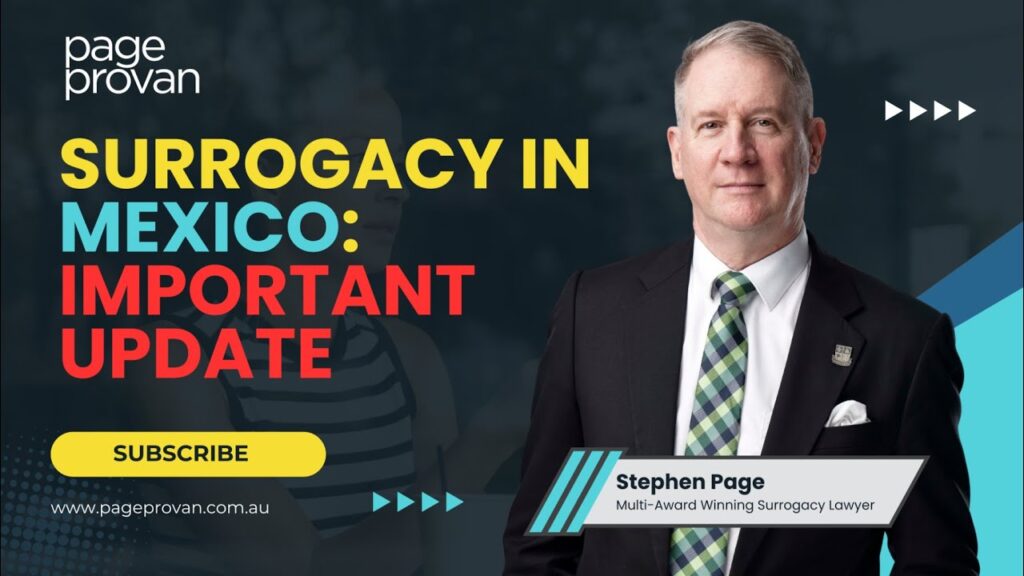The 5 Five Ways You Can Become a Parent Legally
Becoming a parent is one of life’s most significant journeys, but it can happen in various ways beyond the typical route. Understanding the different pathways to parenthood can empower individuals and couples to explore their options thoroughly. In this video, Award Winning Surrogacy Lawyer, Stephen Page discusses the 5 ways that you can become a parent, “legally.”
Transcript
Good day. I’m Stephen Page from Page Provan Family and Fertility Lawyers, and I’m talking about the five ways that you can become a parent. And you might say to me, well, you know. You only become a parent one way, which is you have a child. Yes. But parent is a legal construct, and there are five different ways. The first way is the most obvious, and it’s the way that it’s always happened. Namely, you become a parent through sexual intercourse because you contribute either your sperm or you’re on the receiving end, you’re the woman, and as a result of which a child is conceived and born. That’s the most common. What are the other ways? Well, clearly, you can become a parent through assisted reproductive treatment, and namely that you provide– you go through IVF. Okay, right. That’s an obvious way. And then you look at variants of that, and you have sperm donation or egg donation or embryo donation. So, they are different variants of IVF or related to IVF. Different types of assisted reproductive treatment by which you become a parent. But it involves you and your partner becoming the parents, no one else.
And then there are the other two ways, and that is– the first of those is by adoption. It’s not common in Australia now, but adoption certainly occurs. And I’m going to bunch under adoption, the other way of doing it, which is a traditional adoption or child rearing practice. So, traditional adoptions are not recognised in Australia by law, although they do occur, and you see them with Pacifica communities, such as from Fiji, Tonga, Samoa, et cetera. But there is one way that is recognised in Australia, and that is in Queensland, with Torres Strait Islander child rearing practices. So Queensland has stand-alone legislation for those children’s parentage to be recognised, and there’s a state process to go through. And typically, it will be a family member or a member of community who is raising the child or someone who is childless, and the child is given across. And that’s what we see also in the other forms of traditional adoption, but they’re not recognised, the Torres Strait Islanders are, if they go through that process. And the last way, and the one that I talk about seeming endlessly, is surrogacy.
Those are the different ways that you can achieve parentage. All different, and all have their own levels of complexity.
Thank you for watching and listening. I’m Stephen Page from Page Provan Family and Fertility Lawyers.












